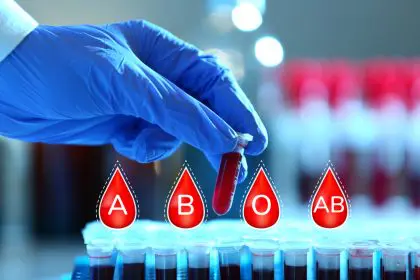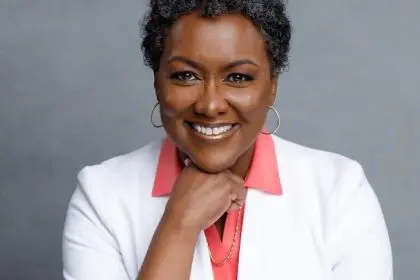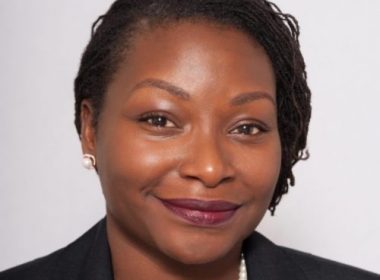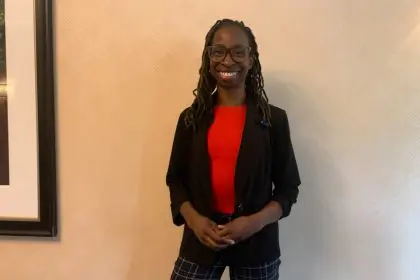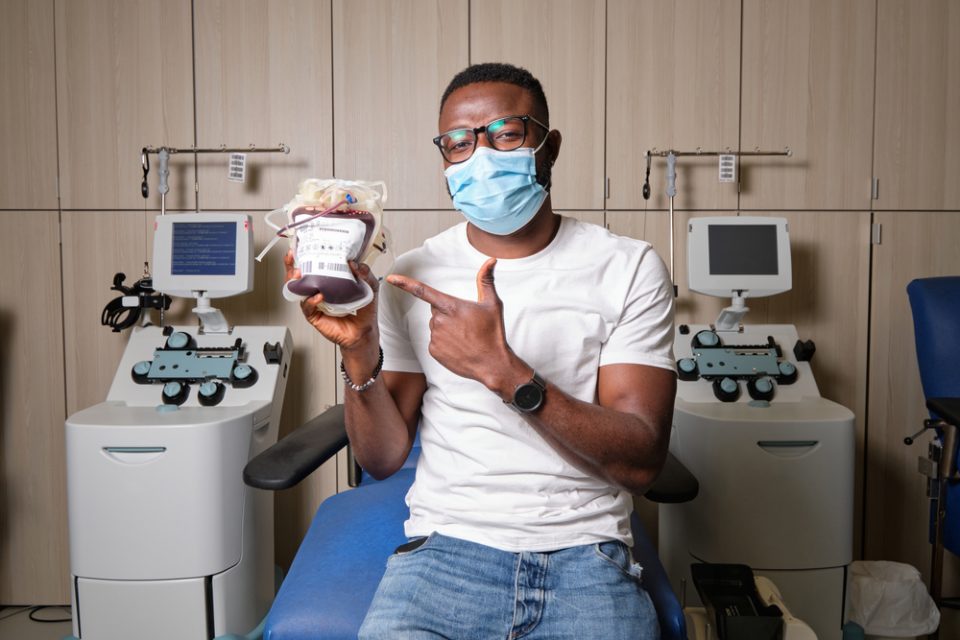
One of the more pressing needs in the Black community pertaining to health is developing a pool of individuals willing to be blood stem cell donors. The fact is that in the U.S., Blacks are much less likely to find an appropriate blood stem cell donor than Whites or any other ethnic minority. Researchers at Harvard University have estimated that each year more than 12,000 people are diagnosed with life-threatening ailments like the various forms of cancer and lymphoma for which a blood stem cell transplant from an unrelated donor may be their best or only hope for a cure.
Unfortunately, Blacks face bone marrow donor shortages because, as a community, we are less likely to donate blood stem cells. The low numbers of donors in combination with rare genes that make finding a bone marrow match less likely for Black people than for White people is becoming more of a problem each year. This also means that Blacks will be less likely to receive life-saving treatments using bone marrow than other ethnic groups.
Without Black blood stem cell and bone marrow donors, people with sickle cell anemia, for example, must depend on medication to maintain a functioning immune system. This means that treatment involves dealing with drugs that are strong enough to kill cancerous white blood cells yet at the same time not attack healthy cells in the body. People who receive blood stem cell transplants do not have to risk the toxic effect of these medications.
Therefore, stem cell transplants are important. When a donor’s stem cells are injected into the patient, typically months after damage to the immune system has occurred due to chemotherapy, blood stem cells divide and grow into healthy white blood cells, causing the donor’s cells to effectively aid in starting a new, healthy immune system in the patient.
Ethnicity is important in this process because the specific proteins that are shown on someone’s blood cells are determined by that person’s genetic makeup. These proteins are called human leukocyte antigen (HLA) markers. HLA markers used in matching are inherited, which means that some ethnic groups, like African Americans, have a better chance of finding a dono®r with someone of the same ethnic background.
The Black community needs to spread the word and push for people to sign up to become blood stem cell and bone marrow donors. Sign up now. Organizations like BeTheMatch® are doing all they can to get the message out. Now we must do our part and sign up to become a donor today.
To find out how you can join the Be The Match Registry®, visit BeTheMatchAtl.org or text HEALTHIQ21 to 61474.
This op-ed was written by Torrance Stephens, Ph.D., an infectious disease scientist. His essays can be found at https://torrancestephensphd.substack.com/


